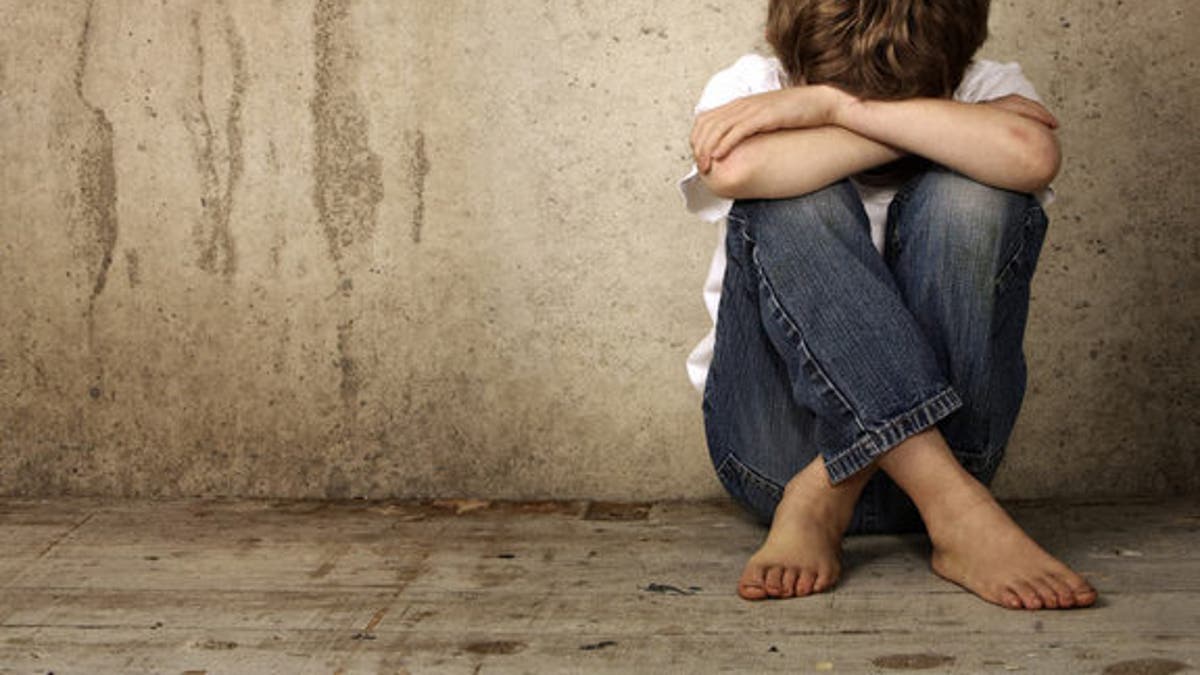
(Suzanne Tucker | Shutterstock)
Many parents know the scenario: Their child shows signs of anxiety or depression, throws fits or has trouble focusing. They tell the pediatrician, who has only 15 minutes to see them, a crowded waiting room and limited experience with mental-health issues. If the problem seems serious, the parents get a list of child psychiatrists or psychologists to call. There is a monthslong wait to see them and many don’t take insurance.
It is little wonder that only about 1 in 5 children with diagnosable mental-health problems gets treatment.
Now, more pediatricians are embedding mental-health professionals into their practices, where they can help spot problems early, provide care fast or reassure parents that a child’s behavior is normal.
Integrated care, as it is called, has other advantages: Pediatricians often see patients annually for a decade or more and follow families closely. If issues arise, instead of giving parents a referral, they can do a “warm handoff,” personally introducing them to a therapist down the hall. In some practices, mental-health professionals evaluate patients and devise treatment plans that pediatricians or nurses carry out.
Currently, it often takes eight to 10 years from when symptoms are first noticed before children get care for mental-health issues, says Gregory Fritz, president-elect of the American Academy of Child and Adolescent Psychiatrists, which endorses integrated care. By combining forces with primary-care doctors, “the potential to intervene early and make a lifelong difference is huge,” he says.
